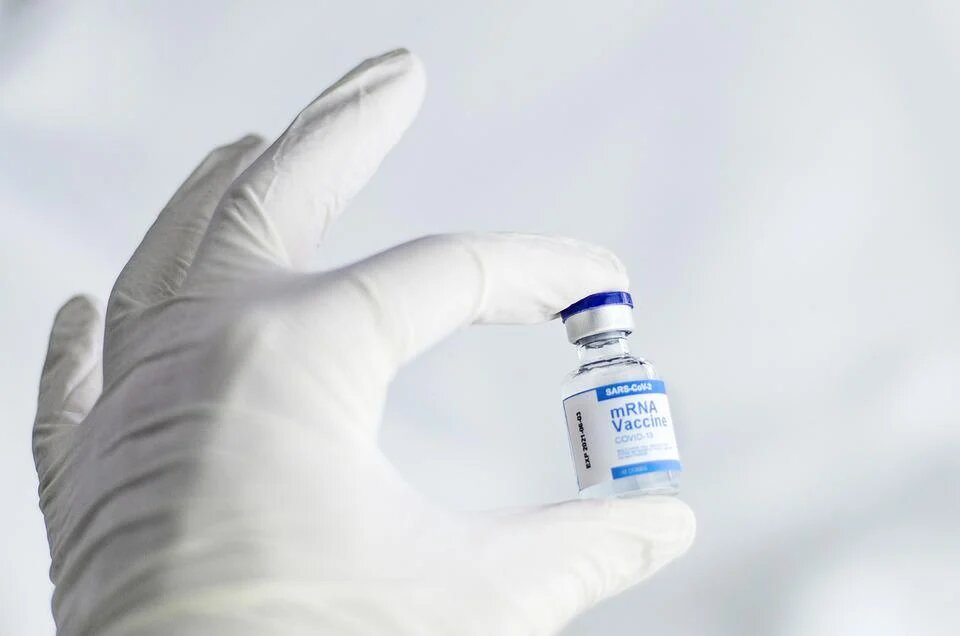Julian Assange
631 weeks of deprivation of liberty for telling the truth
631 weeks of deprivation of liberty for telling the truth

Kenji Yamamoto published « Adverse effects of COVID-19 vaccines and measures to prevent them » in the Virology Journal on June 5. Based on the study published on February 4, 2022, in The Lancet by Swedish researchers Peter Nordström, Marcel Ballin and Anna Nordström, « Risk of infection, hospitalization, and death up to 9 months after a second dose of COVID-19 vaccine: a retrospective, total population cohort study in Sweden.(1) », he shows that the article in question explains that the immunity conferred by vaccination largely decreases over time.
However, when the Swedish authors conclude that the rapid waning of vaccine-induced immunogenicity implies that vaccine strategies should be directed toward a third booster dose, specifically for those at serious risk of COVID-19, Yamamoto argues instead that « as a safety measure, new booster vaccinations should be discontinued » and that « COVID-19 vaccination is a major risk factor for infections in critically ill patients. In particular, it warns of the high risk of clinical alterations leading to adverse side effects.
Here is a summary of his article:
« Recently(2), The Lancet published a study on the effectiveness of COVID-19 vaccines and the decline in immunity over time. The study showed that the immune function of those vaccinated 8 months after receiving two doses of COVID-19 vaccine was lower than that of unvaccinated individuals. According to European Medicines Agency recommendations, frequent booster injections of COVID-19 could have a negative effect on immune response and may not be feasible. Decreased immunity may be caused by several factors such as N1-methylpseudouridine, spike protein, lipid nanoparticles, antibody-dependent enhancement, and the original antigenic stimulus. These clinical alterations may explain the reported association between COVID-19 vaccination and herpes zoster. As a safety measure, new booster vaccinations should be discontinued. In addition, the date of vaccination should be recorded in the patients’ medical records. Several practical measures to prevent decreased immunity have been reported. These include limiting the use of nonsteroidal anti-inflammatory drugs, including acetaminophen to maintain deep body temperature, appropriate use of antibiotics, cessation of smoking, control of stress, and limiting the use of lipid emulsions, including propofol, which can cause perioperative immunosuppression. In conclusion, COVID-19 vaccination is a major risk factor for infections in critically ill patients. »
The full article by Kenji Yamamoto is available here: Yamamoto, K. Adverse effects of COVID-19 vaccines and measures to prevent them. Virol J 19, 100 (2022). https://doi.org/10.1186/s12985-022–01831‑0
The full article by Peter Nordström, Marcel Ballin, and Anna Nordström is available here: Nordström P, Ballin M, Nordström A. Risk of infection, hospitalization, and death up to 9 months after a second dose of COVID-19 vaccine: a retrospective, total population cohort study in Sweden. Lancet. 2022;399:814–23. https://doi.org/10.1016/S0140-6736(22)00089–7.